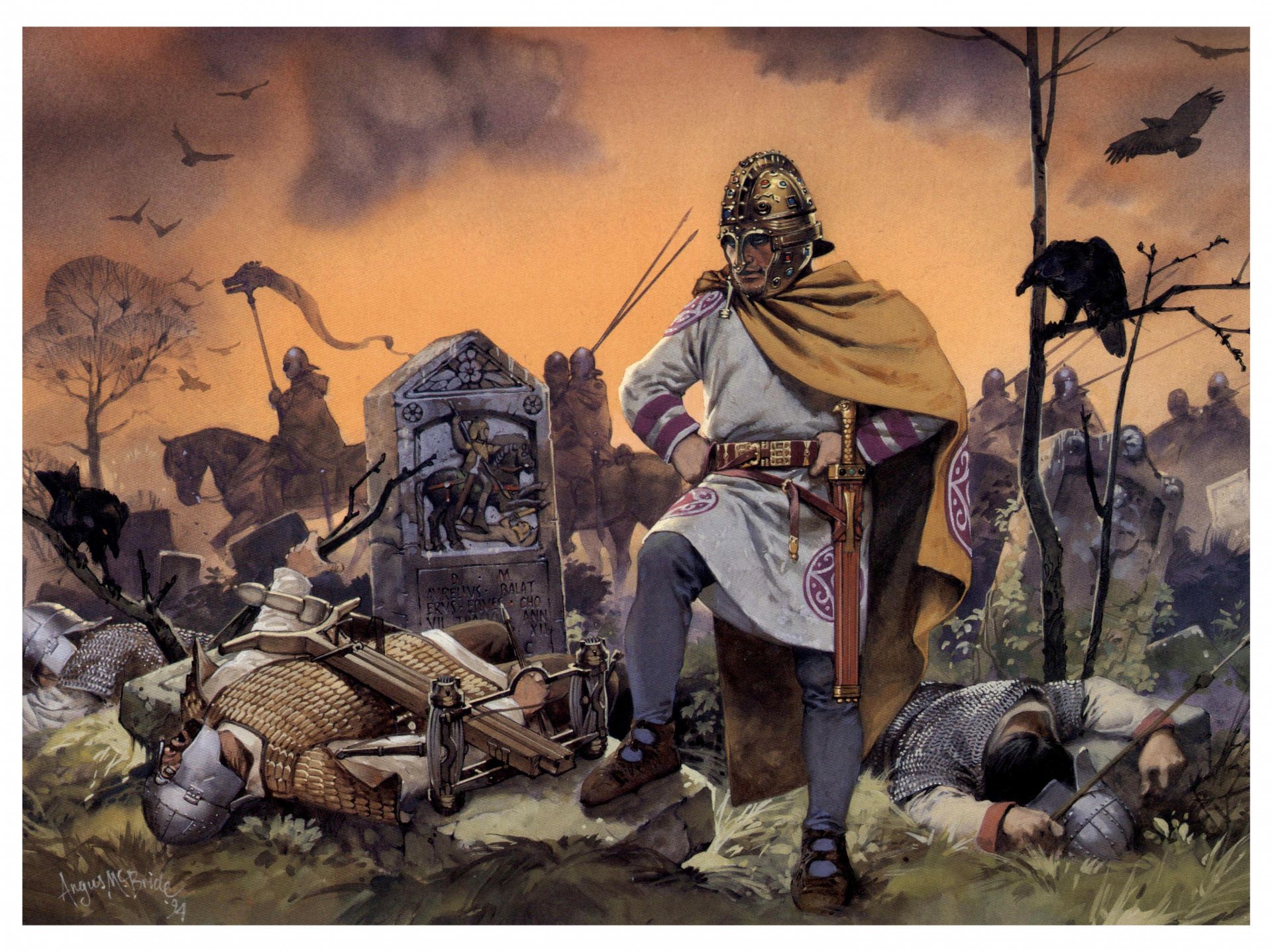

All of these are processes of symbolic colonization.Viking Forefathers unit rosters Alongside elements from the Barbarian battlefield unit roster, The Geats, the Jutes and the Danes can field specific Norse units in battle on land and sea.


I put the anti-colonial struggle into practice in fact, in some way, delegitimizing all forms of objectification and ornamental use of what is indigenous by the State. The author points out: "the decolonial is a very recent fashion that, in some way, usufructs and reinterprets those processes of struggle, but I think it depoliticizes them, since the decolonial is a state or a situation but it is not an activity, it does not imply an agency, nor a conscious participation. Recently, the Aymara intellectual Silvia Rivera Cusicanquí (Bolivia), has pointed out that "the decolonial is a fashion, the postcolonial a desire and the anti-colonial a struggle." Through this, she posits that in the face of the exhausted epistemological horizon of Eurocentric modernity there is a renewed interest in the knowledge that emerges in the context of the struggles for decolonization, however, there is no real political commitment on the part of scientists. Scots Gaelic was common among nonelites until the early 19th century-Wordsworth has a poem about a Scotswoman singing in Gaelic, a language he does not understand, that strikes him as so beautiful he is desperate to discover its meaning. England annexes Wales in 1267 but Welsh Gaelic continued to be used, both in writing and speech until the early modern period. As for these areas losing their local languages-that does not happen until much later. The Anglo-Saxons move in, the Celts move west into Wales and Ireland and north into Scotland. Although there is a few references to a handful of battles like Badon Hill, mostly it is a story of displacement and migration rather than hostile conquest.

Celtic sources tend to be written later after Christianization and based on an oral tradition while Anglo Saxon ones were written closer to these events. The historical record-based on both Celtic legends and historical works and Anglo-Saxons ones like the Chronicle and Doomsday Book-and the archeological record does not suggest this. I think the question starts with a false premise-the idea that the Anglo-Saxons "wiped out" the ancient Britons in a nearly genocidal war with them. Here, the problem of Identity come into the center, not identity of a nation but identities of tribes. ) we have totally a different picture.In these cases, killing and masacres and gradually making ordinary people as serfs would happen. Like all successful tribal groups, the Nordic peoples were extremely warlike and developed strong naval skills alongside raiding tactics based on the traditional barbarian headlong charge. But the major problem is what were the relation between the King, nobles and the people in the case that their society is not a complicated society in which we speak about something like Middle Classes(As the first example to compare).As I remember there were a time that Slavs(I guess Russian) invites some German king to rule them.In this case probably the situation would not be so harsh, but if the tribes fight with each other and they are under some environmental pressures like starvation or some savage cultural points or pagan religion takes shape in them under this environment(Sacrificing human being, to consider killing and to be killed as an honor, bloody fetishes, Sacrificing Human being, to know their tribe as the center of the world and to know eliminating the others as their right. The term ‘Norsemen’, meaning ‘people of the North’, refers to the Germanic peoples who still inhabit the central part of Scandinavia today.


 0 kommentar(er)
0 kommentar(er)
